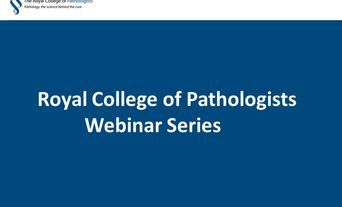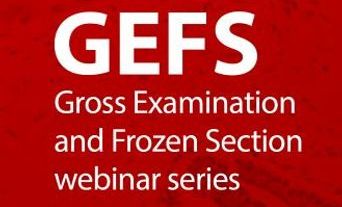Overview
Invasive fungal disease (IFD) is a significant cause of mortality in patients with malignancies or post haemopoietic stem cell transplantation. The spectrum of fungi causing IFDs is broad and antifungal resistance is increasingly common. Imaging, culture and microscopical examination of bronchoalveolar lavage, blood and tissue biopsy specimens and remain the mainstay of diagnosis, but molecular methods are increasingly being used. Susceptibility testing of all clinically relevant isolates is increasingly important. Biomarkers are used for screening and monitoring treatment response. Treatment requires a multidisciplinary approach. Surgical debridement is often an important component. Other management strategies include control of the underlying disease and predisposing factors where possible, augmentation of the host response and the reduction of immunosuppression. Carefully selected antifungal therapy, guided by susceptibility testing, is critical to cure.
This event will take place at 1:00pm and last approximately 1 hour.
CPD
This meeting is worth 1 CPD point (self credited).








